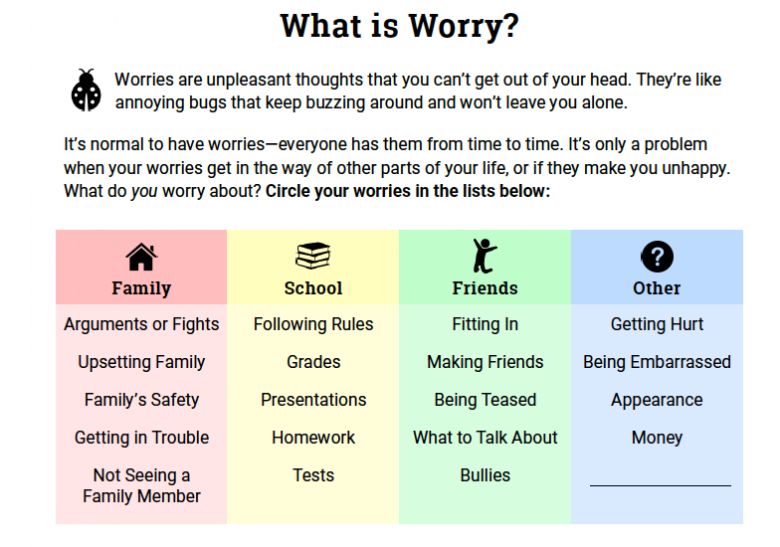
Its is Mental Health Awareness Week and Mrs Walker has shared some tips on how to talk to children about Covid-19 and promote their well-being at this time. In addition, children will be talking about Mental Health in their Form Time and it will feature in Senior Chapel this week. You can find more information about Mental Health Awareness Week here: https://www.mentalhealth.org.uk/campaigns/mental-health-awareness-week
Talking to your children about Covid-19
Please let me begin by saying try not to feel under pressure to recreate a school learning environment at home. The most important thing in these times of uncertainty is to spend time together – have a cuddle on the sofa, take turns in reading, do puzzles, build dens, bake (if you have been lucky enough to get flour!), watch TV together – please don’t stress about your children not keeping up with their schoolwork. Your children will not learn much if they are stressed.
As this is a scary and uncertain time for us all, I have put together some tips about talking to your children about Covid-19 and the changes that are happening, as well as some links for further advice.
- Try to focus the children on the precious time it is allowing you to spend together as families and highlight the wonderful job that the NHS, support services and communities are doing to help one another.
- Ask your children what they have heard about the virus and the situation so that you can correct possible misconceptions and reassure them.
- Be mindful of the amount of things you are reading and watching, including social media – as this may add to worry and anxiety. Consider a few updates every day from trusted sources. A great source of information for children is CBBC Newsround which has a calm, child centred approach.
- If your child seems worried, it may be good to distract them. You might also want to set aside 10-15 minutes each day for them to talk about any worries, and to reassure them (preferably 2-3 hours before bedtime routine begins). If they have a worry outside of this ‘worry time’ you have set aside, ask them to note the worry (writing or drawing) so you can talk about it later. This teaches children to postpone their worries (not suppress or dismiss them) and allows them to feel in control (it works for us too).

- Try to keep a daily routine. Well-known routines in everyday life provide security and stability.
- Stick to your family rules on screen time.
- Keep in contact with family and friends (via FaceTime, Skype WhatsApp etc.; following NHS guidance on ‘social contact’). This will help children connect with others and know that others are thinking about them. It will also reassure them that others are well.
Here are some useful resources:
- Parent Zone have joined up with Google to deliver virtual workshops about internet wellbeing for children:
- Talking to children about Coronavirus (British Psychological Society):
- Tips and guidance on supporting preschool children (Zero to Three): https://www.zerotothree.org/resources/3210-tips-for-familiescoronavirus
- ELSA: Coronavirus Story for Children: https://www.elsa-support.co.uk
- Information video on Coronavirus for Primary age children (KS2) (Brainpop): https://www.brainpop.com/health/diseasesinjuriesandconditions/coronavirus
- Autism and the Coronavirus: top tips
- https://petervermeulenblog.wordpress.com
I have also attached several documents which you may find useful:
- What is worry?
- Top tips to calm anxious feelings
- My fears worksheet
- Little moments of calm
- Family mindfulness schedule
As a parent you may be concerned yourself. Take care of yourself and make sure you have breaks, time to relax, and ask for help from others if you need (see further information at the bottom of this page for signposting).
Further Information
- www.insighthealthcare.org 0300 55 55 55 (free NHS talking therapies)
- www.thinkaction.org.uk 0300 012 0012 (free counselling services)
- www.relate.org.uk
- Samaritans 116 123
